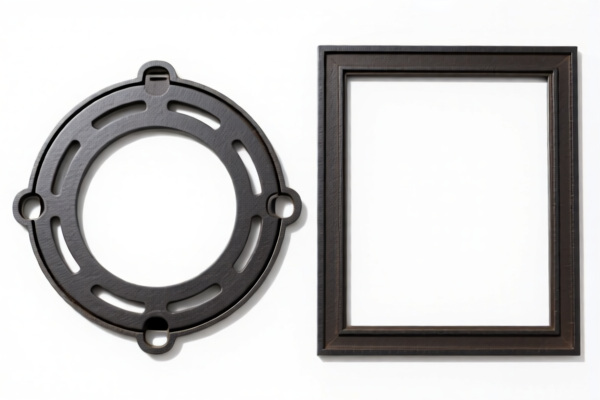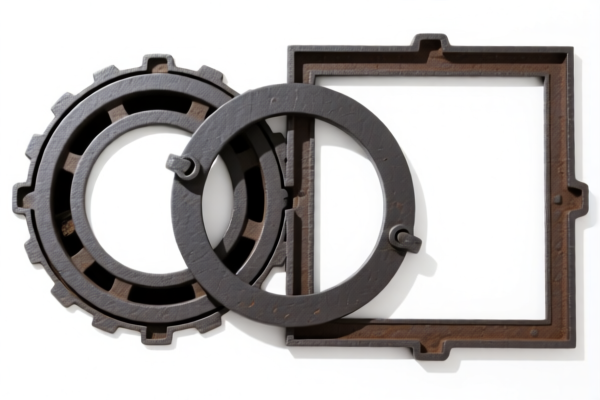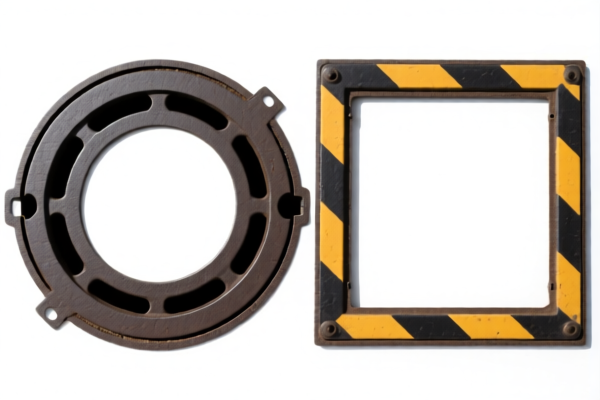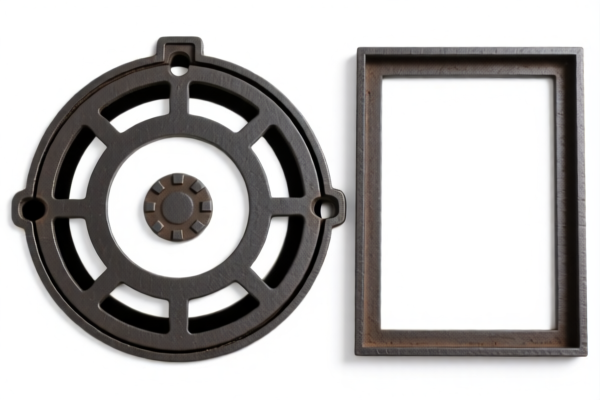| HS Code | Official Doc | Tariff Rate | Origin | Destination | Effective Date |
|---|---|---|---|---|---|
| 9504906000 | Doc | 30.0% | CN | US | 2025-05-12 |
| 9504909080 | Doc | 37.5% | CN | US | 2025-05-12 |




Hanging Feet
Hanging feet refers to a posture or condition where an individual suspends their legs freely, typically without support. This can occur in various contexts, ranging from recreational activities to medical conditions.
Mechanism & Physiology
The basic principle involves the legs being unsupported, allowing gravity to act upon them. This position affects circulation, as blood pools in the lower extremities due to the lack of muscular pumping action normally provided by walking or standing. The degree of impact depends on the duration and individual physiology.
Purpose & Scenarios
- Recreation & Relaxation: Hanging feet is often associated with relaxation, such as dangling legs from a chair, bed, or elevated surface. This can provide a temporary sense of weightlessness or comfort.
- Therapeutic: In some physical therapy contexts, controlled hanging of the feet can be used to promote circulation, reduce swelling, or stretch certain muscle groups.
- Workplace: Individuals in certain professions (e.g., call center employees, receptionists) may habitually adopt a hanging feet posture while seated for extended periods.
- Medical Examination: A doctor may ask a patient to sit with their feet dangling to assess peripheral circulation or nerve function.
- Restraint/Immobilization: In certain situations, hanging feet can be a component of physical restraint or immobilization techniques (though this is typically done under medical supervision).
- Playful/Childhood Activity: Children often engage in hanging their feet as a form of play or exploration.
Common Variations & Associated Conditions
- Passive Hanging: Legs are simply suspended without any active effort.
- Active Hanging: Legs may be slightly flexed or extended, or gently moved while suspended.
- Edema: Prolonged hanging feet can exacerbate existing edema (swelling) in the legs and feet due to increased fluid pooling.
- Venous Insufficiency: Individuals with venous insufficiency may experience discomfort or worsening symptoms when hanging their feet for extended periods.
- Neuropathy: People with neuropathy may have altered sensation or discomfort in their feet when hanging them.
- Postural Hypotension: In some cases, hanging feet can contribute to postural hypotension (a drop in blood pressure upon standing) if combined with a sudden change in position.
- Foot Cramps: Lack of muscle engagement can sometimes lead to foot cramps.
Potential Risks & Mitigation
- Circulation Issues: Prolonged hanging can reduce blood flow to the feet. Regular movement or elevation of the legs can help mitigate this.
- Discomfort: Hanging feet can cause discomfort, particularly for individuals with pre-existing conditions.
- Nerve Compression: In rare cases, prolonged hanging can lead to nerve compression.
It is important to note that while hanging feet is generally harmless for short periods, prolonged or habitual hanging can have negative consequences for some individuals. Individuals with underlying health conditions should consult with a healthcare professional if they experience any discomfort or concerns.
The declared goods "hanging feet" fall under the category of table or parlor games, specifically amusement machines operated by coins, banknotes, bank cards, tokens or by any other means of payment. Based on the provided reference material, the following HS codes are relevant:
- 9504906000: This HS code covers video game consoles and machines, table or parlor games, including pinball machines, billiards, special tables for casino games and automatic bowling equipment, amusement machines operated by coins, banknotes, bank cards, tokens or by any other means of payment: Other: Other: Chess, checkers, parchisi, backgammon, darts and other games played on boards of a special design, all the foregoing games and parts there of (including their boards); mah-jong and dominoes; any of the foregoing games in combination with each other, or with other games, packaged together as a unit in immediate containers of a type used in retail sales; poker chips and dice. The tariff details are: a base tariff of 0.0%, an additional tariff of 0.0%, and an additional tariff of 30.0% after April 2, 2025. The total tariff rate is 30.0%.
- 9504909080: This HS code covers video game consoles and machines, table or parlor games, including pinball machines, billiards, special tables for casino games and automatic bowling equipment, amusement machines operated by coins, banknotes, bank cards, tokens or by any other means of payment: Other: Other: Other Other. The tariff details are: a base tariff of 0.0%, an additional tariff of 7.5%, and an additional tariff of 30.0% after April 2, 2025. The total tariff rate is 37.5%.
HS Code Breakdown:
- 9504: This chapter covers articles for amusement, sports, games, etc.
- 950490: This heading specifically covers table or parlor games, including pinball machines, billiards, and other amusement machines.
- 9504906000 & 9504909080: These subheadings further categorize the types of games, with 9504906000 covering specific board games and related items, and 9504909080 covering other unspecified games.
According to the provided reference material, the HS code options related to 'hanging feet' are limited, with only the following 2 found.
Customer Reviews
No reviews yet.